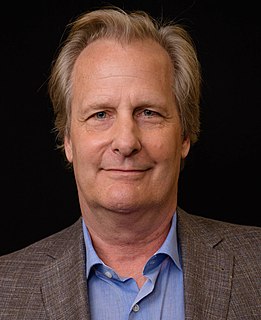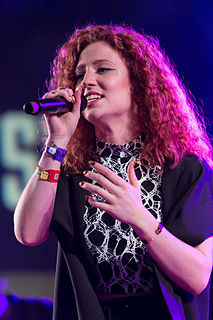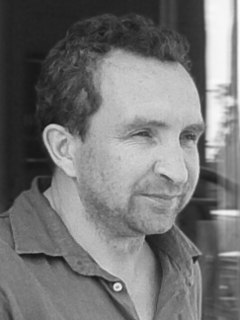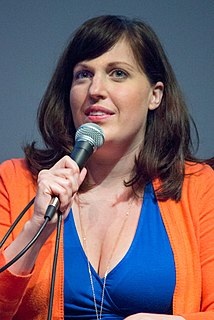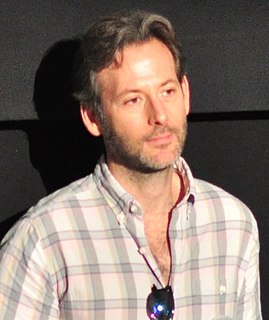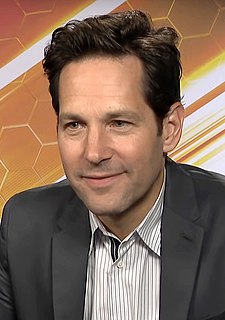A Quote by Scott Adsit
I never looked at my future as comedy. Even at Second City, I always thought of it as acting. I knew I was going to be an actor financially, emotionally, egotistically.
Related Quotes
And regardless of the fact that in this country, certainly in the arts, we treat comedy as a second-class citizen, I've never thought of it that way. I've always thought it to be important. The last time I looked, the Greeks were holding up two masks. I've always thought of it not only as having equal value, but as the craft of it, being funny.
Regardless of the fact that in this country, certainly in the arts, we treat comedy as a second-class citizen, I've never thought of it that way. I've always thought it to be important. The last time I looked, the Greeks were holding up two masks. I've always thought of it not only as having equal value, but as the craft of it, being funny.
I wasn't that academic, but I always made sure I was earning money. I never wanted to put all my eggs in one basket. Even when I started doing music, my parents were like, 'You need to work; you can't just live off music.' I always knew that. So I worked until I knew I was going to be financially okay.
At that age, filming Harry Potter, I never contemplated. I just went in there and did my acting. I never thought, "What's the character actually feeling here? What's he trying to get across?" And never looked at it from that classically trained actor's point of view. And so when Jason Isaacs started throwing up these ideas, I thought, "Whoa. What an interesting way to look at acting." Which is why, again, I would do theater.
I always knew I'd be an actor. I always knew I'd at least be on a big screen somewhere. Everyone else I was watching, they were cool, but I thought that I could bring something fresh and new, even when I was really young. I didn't really know how it was going to pan out, for sure, but I always knew that one day I would be on the big screen. I had no doubts in my mind.
As a writer, I haven't delved into dramatic writing. As an actor, I could always, even more so than comedy, do drama. When you do your comedy and your drama, your acting style doesn't change. If it's a comedy, the situations and the characters might be a little funnier, but you're just trying to be honest.
My story about becoming an actor is a completely non-romantic one. I became an actor because my parents were actors, and it seemed like a very... I knew I was going to act all my life, but I didn't know that I was going to be a professional actor. I thought I was just going to work as an actor every now and then.



